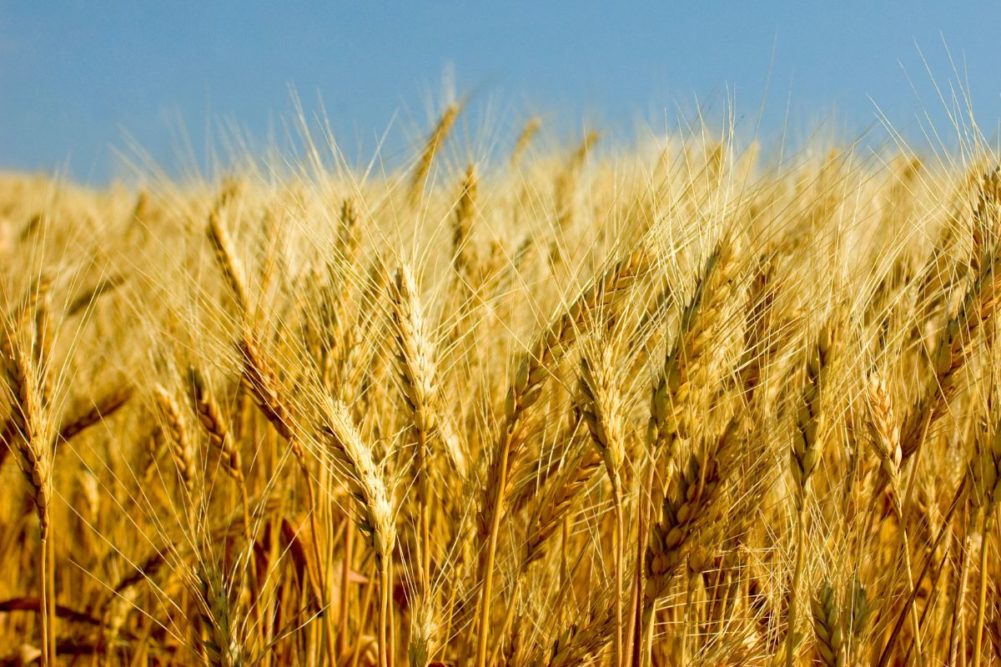PERTH, AUSTRALIA — CBH Group has had 10,000 tonnes of malt barley destined for customers to make beer certified as carbon neutral by the Australian government’s Climate Active program, becoming the first grain marketer in Australia to achieve this designation for a product under the program.
Climate Active is a voluntary program that provides organizations that demonstrate their commitment to measuring, reducing, and offsetting emissions with carbon neutral certification.
As part of a trial, CBH’s Marketing and Trading division teamed up with 12 Western Australian (WA) growers, agricultural consultants Farmanco, and independent contractors Ben White and Richard Brake to certify the malt barley, which will be sold to customers to make 200 million bottles of beer.
Jane Wardle, group sustainability lead for CBH, said it was a milestone achievement for the cooperative, which is committed to connecting WA growers with high-value customers.
“As a key global exporter of grain, we’re noticing significant growth in demand for sustainably produced grain,” she said. “It’s increasingly critical for our customers to quantify and reduce the level of emissions produced within their supply chains to reduce their carbon footprints and meet consumer expectations.
“It presents an exciting opportunity for WA growers, who are already recognized as relatively low carbon emitters compared to several competitors and are well positioned to become key suppliers into this growing market.”
To achieve the Climate Active Carbon Neutral Standard, growers involved in the trial worked alongside their consultants to calculate the carbon emitted in the production of the barley from paddock to port. These 12 growers were each interested in learning more about their farm’s greenhouse gas emissions and carbon measurement before becoming involved in this trial.
Australian Carbon Credit Units (ACCUs) generated from the Peniup Private Conservation Reserve Project in WA’s Great Southern were purchased to offset any remaining emissions generated from grain production through to delivery to a CBH port.
CBH Group said it will continue to explore opportunities to reduce Scope 1 and 2 emissions by 50% by 2030 as part of its Sustainability Plan, released in 2022.






